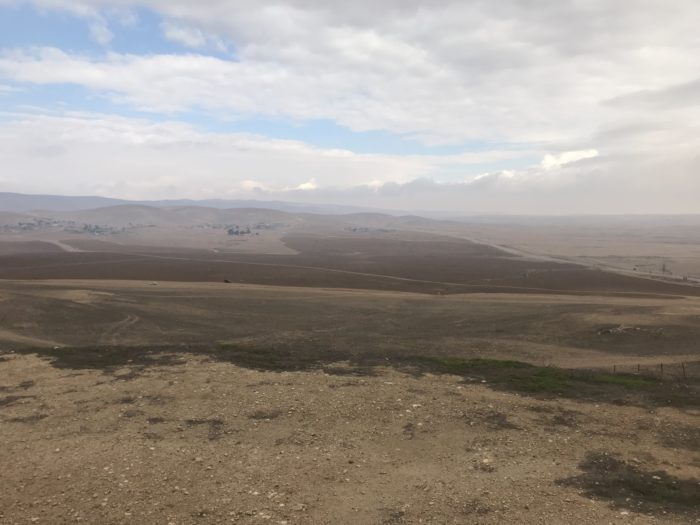Levites, the Land, and Acts 4:36-37
It is a well known fact that the Levites as a clan were not given their own land allotment amongst their fellow clans. The Levites were not left completely homeless however, for they were given cities to dwell in among their brothers (cf. Josh 14:4).

One of the common conceptions is that this means that Levites never owned land. However, there are two passages in particular that seem to indicate that it was allowable for Levites to own land, as long as it was in the city (or part of the pasturelands of that city) which belonged to the Levites.
The first text is Jeremiah 32:6-8 where the Lord himself tells Jeremiah (a priest himself, thus being of the tribe of Levi) to buy the field of his uncle in Anathoth. Now Anathoth is in the land of Benjamin, and according to Joshua 21:18 this specific land was given to the sons of Aaron as part of Levi’s inheritance. Thus, this “right of redemption” (Jer 32:7) truly did belong to Jeremiah, and he could buy the land.
The second passage is in the law itself, Leviticus 25. In the midst of the discussion about redemption (buying back of one’s possessions), verse 32 says, “As forth cities of the Levites, the Levites may redeem at any time the houses in the cities they possess.” This passage seems to indicate that there was a right of land ownership among the Levites which correlated with their allotted cities and pasturelands.
By application, perhaps this understanding helps us read Acts 4:36-37: “Thus Joseph, who was also called by the apostles Barnabas (which means son of encouragement), a Levite, a native of Cyprus, sold a field that belonged to him and brought the money and laid it at the apostles’ feet.”
Some have supposed that by this time the Levites had integrated into ownership of the land after the return from exile. If that was the case, perhaps this man (Barnabas) realized his wrong doing and repented and sold the land he should not have owned. However, more likely is the possibility that he had land in his family that was legal as part of his Levitical city inheritance. If this is the case, then this is a completely free-will act in giving up his own land which he had every right to keep. It makes sense that Luke would use this example of the attitude of giving for one another then. For the church was marked by this pure and devoted love for one another (Acts 4:32).
5 Comments
Kerry M Miller
The article quotes Lev. 25:32 as starting, “As forth cities of the Levites…” Should be, “As for the cities of the Levites…”
Rachel H
Thanks!! This answered my question precisely. :) And makes one appreciate, by the comparison with Ananias and Sapphira in the next passage, the pureness of this Barnabas’ offering on behalf of the Gospel of Christ and His Church.
Brian K Haack
Nice !
Roger Festa
Good stuff Peter!!
Peter Goeman
Thanks, Roger. With your compliment my life is now complete!!